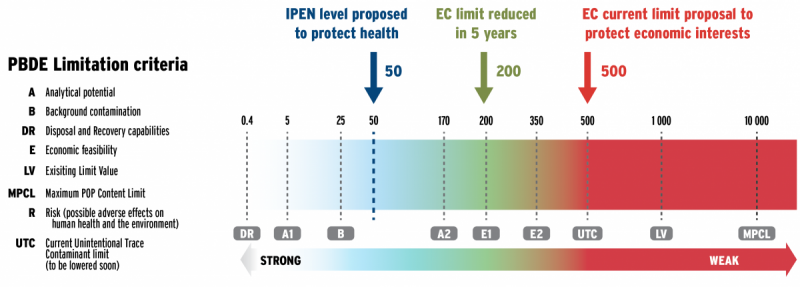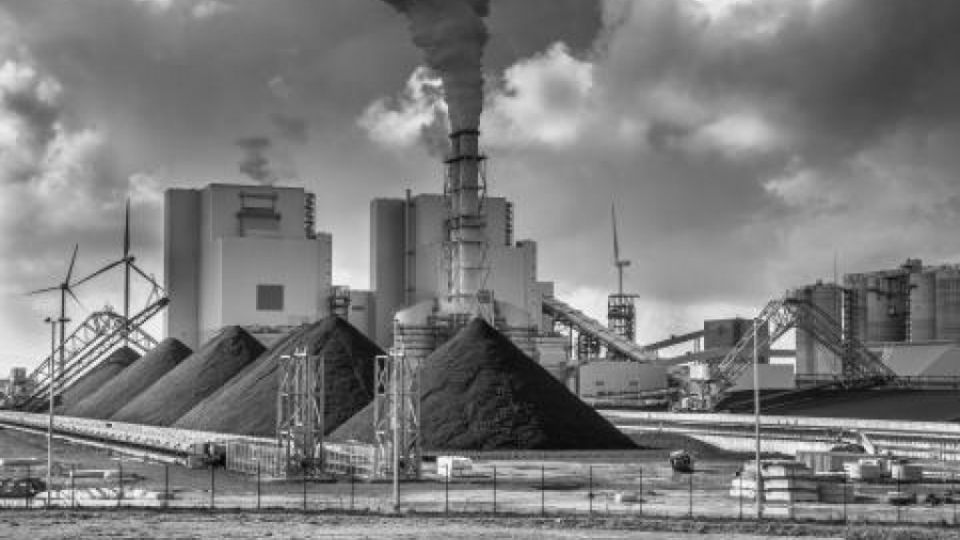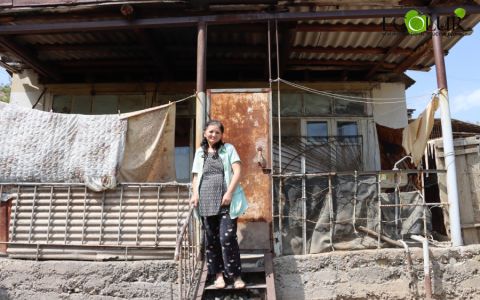IPEN, Arnika, and 16 European NGOs call on leaders to lower threshold values for POPs in waste, which enter recycling and waste exports.
The problem: the European Commission currently proposes industry-friendly ‘middle-ground’ POP limits for waste based on economic criteria instead of strong and health-protective values.
The European Commission (EC) is proposing to adopt new limit values for persistent organic pollutants (POPs) in waste. The Stockholm Convention requires the destruction of wastes that exceed POPs limit values (known as Low POP Content Levels set by the Basel Convention) and bans the recycling of wastes contaminated with POPs to maintain toxic-free material cycles. However, the EC is proposing weak POP limits, which will allow plastic and other wastes contaminated with POPs to be, in practice, recycled by industry in the EU. The transition to high-quality and toxic-free material cycles cannot be achieved while allowing POPs to recycle materials.
IPEN, Arnika, and 16 NGOs urge in their letter to Members of the European Parliament and the Member States to support stronger limit values for POPs in waste than what the EC proposes. The weak limits currently proposed by the EC undermine the Stockholm Convention and will lead to POPs recycling that is incompatible with the European Green Deal.
Recycling POPs in waste leads to contamination of new products, including toys, made of the recyclate. This disrupts the circular economy by allowing POPs-rich material to circulate in our products and waste and increases human exposure to vulnerable populations. Several industry sectors (mainly plastic, recycling, and waste incineration) are pushing EU regulators to set weak limits that would allow them to access more materials for recycling, even when they are heavily contaminated with POPs. If such POPs are recycled into new products, the public credibility of recycling and the circular economy as a whole will be jeopardized.
The EU can set POPs standards that are consistent with the European Green Deal’s ambitions, but this can only be achieved by suggesting strong POPs limit values for waste. Establishing toxic-free material cycles, protecting public health, and building confidence in recycled products will only be possible if European institutions ensure the recovery of clean waste streams into recycled products.
The methodology adopted by the EC to determine POPs limits suggests a range of values from strong limits that protect human health up to weak limits that are based on ‘economic considerations’ of the plastic, recycling, and waste incineration industry. Unfortunately, the ‘recycle at all costs’ approach neglects the serious harm to human health and related socioeconomic costs that can arise from recycling wastes that contain POPs - this translates into the current suggestion for middle-ground limit values.

It is also important to mention that, with the adoption of such values, downstream user industries will be saddled with recycled materials containing high levels of legacy chemicals, further preventing them from increasing the use of recycled materials and their re-entering back to the economy.
The transition to high-quality, toxic-free material cycles cannot co-exist with an approach that allows the recycling of POPs-containing wastes based on weak POPs limit values. By establishing strong POP limit values for waste, the EC can demonstrate global leadership, increase human health protection, and promote the development of a circular economy, free of contamination. On the contrary, adopting weak limit values will do more harm than good and reduce the long-term credibility of recycling. Establishing strong limit values for POPs in waste today will significantly promote the future of a toxic-free circular economy because it will promote innovation in recycling, increase the pressure on industrial designers to remove POPs from products, and ensure that the circular economy is not poisoned in its infancy. Therefore IPEN, Arnika, and 16 European NGOs strongly call on the European Parliament and the Member States to support more ambitious limit values for POPs in waste than those proposed by the European Commission.







